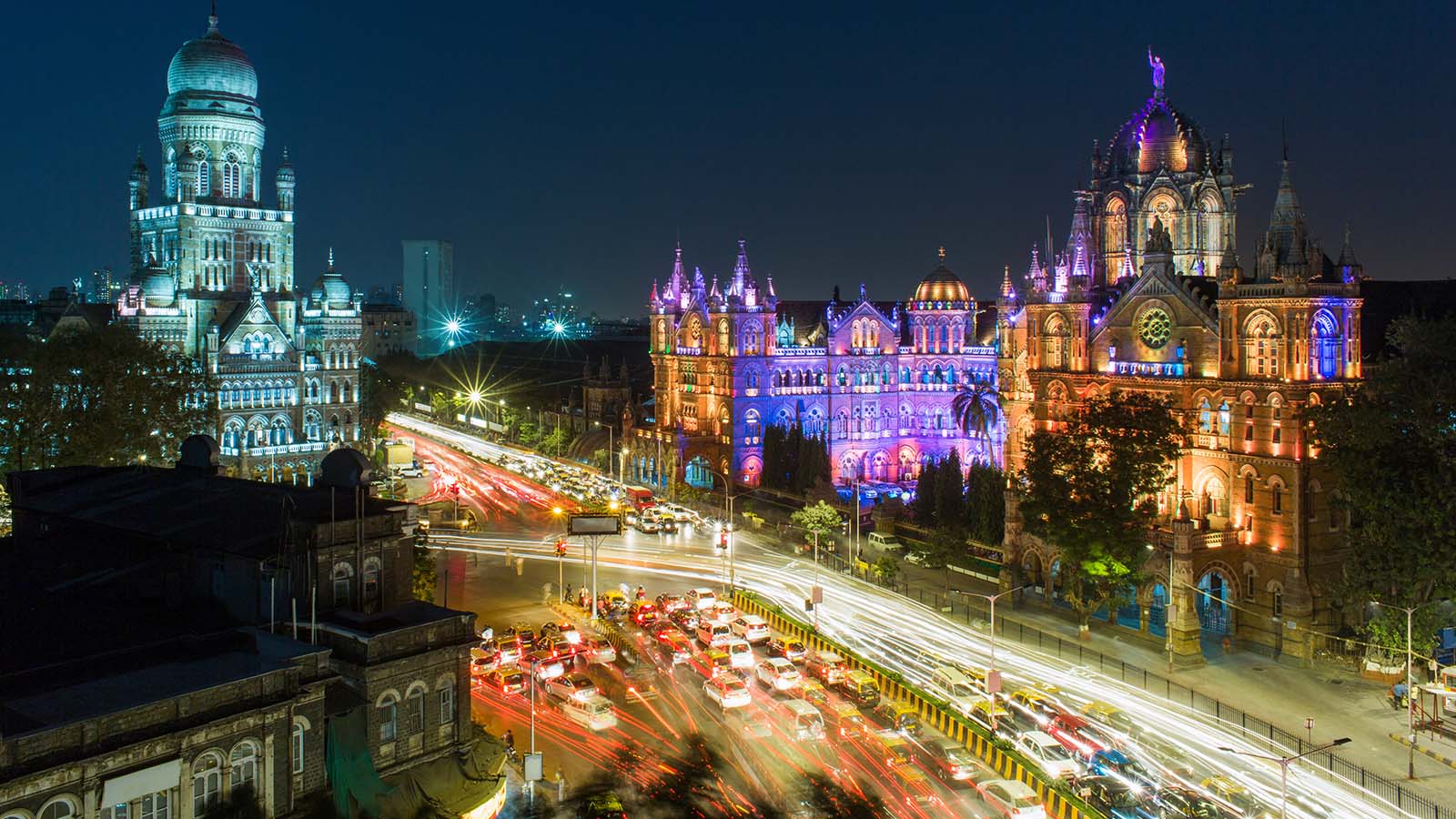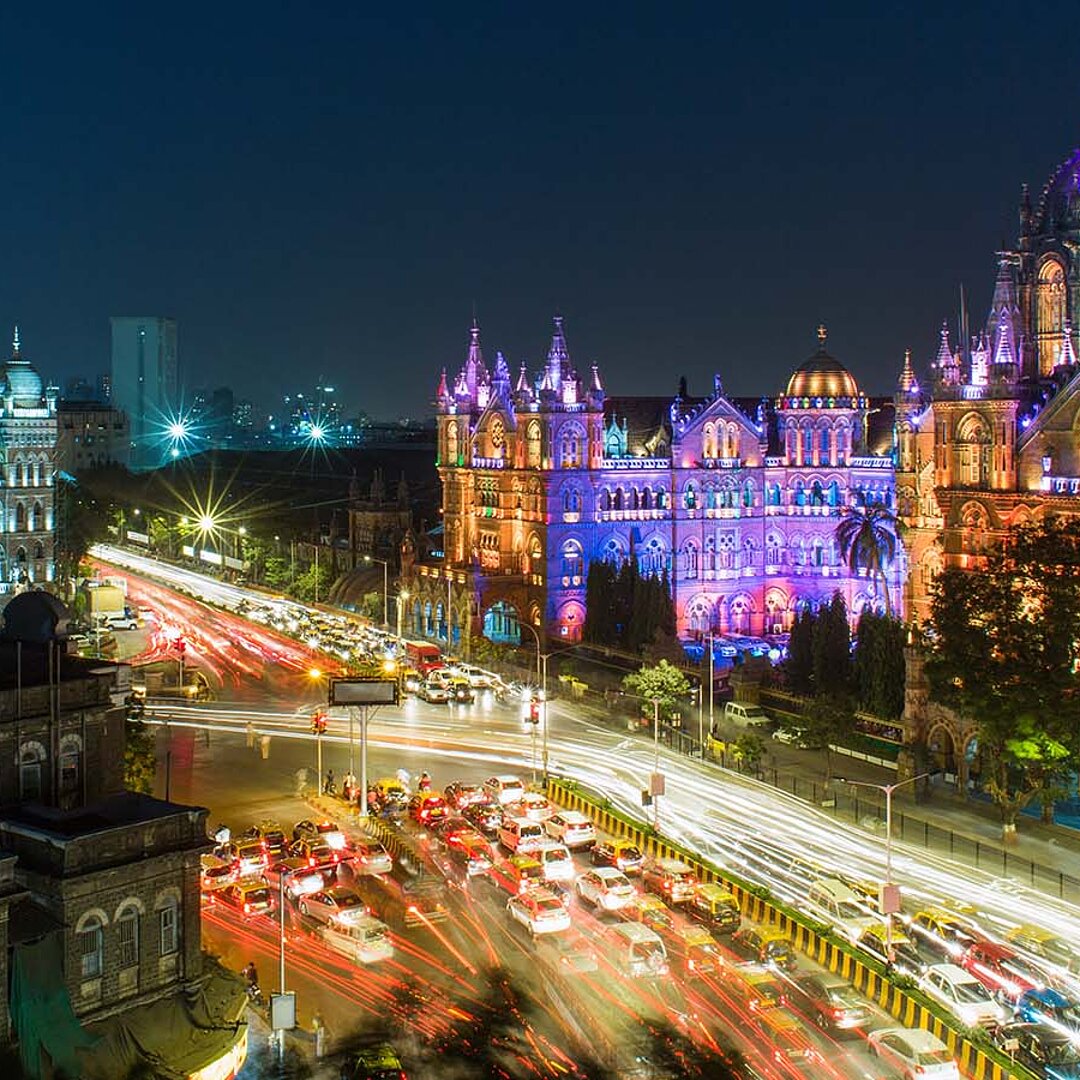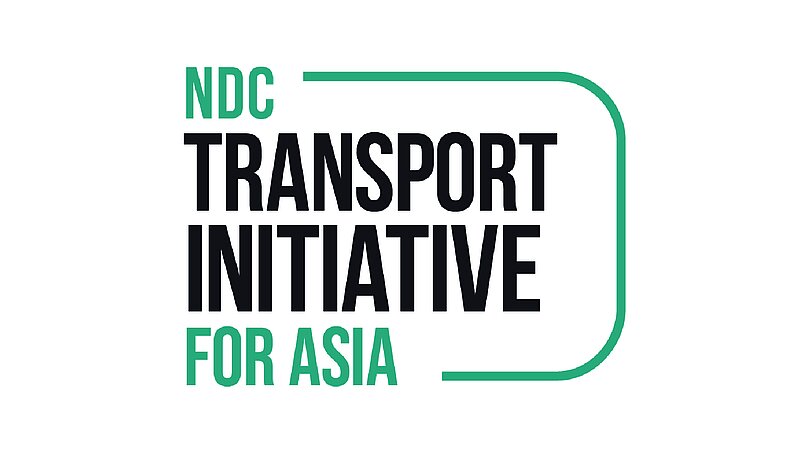Mapping the journey to e-mobility in Indian states
A new case by Agora Verkehrswende considers state-level policies implemented in Maharashtra to encourage EV adoption. The study spotlights the potential offered by setting long-term targets and promoting the circular economy in the vehicle industry.

22 January 2025. A new study by the Berlin-based think tank Agora Verkehrswende performs a detailed assessment of policy developments in Maharashtra, showing how Indian states can create a favourable environment for e-mobility that dovetails with national efforts in climate and industrial policy. Deploying a novel analytical approach, the study evaluates the measures taken to date and also highlights prospects for future policy development.
One key finding is that the adoption of long-term targets would provide the private sector with the assurance it needs to make long-term planning and investment decisions. An additional finding is that by devoting greater attention to raw materials, supply chains, and the circular economy, policymakers can bolster the transformation of the vehicle industry. Ultimately, climate-neutral road transport requires not just electrive vehicles (EVs) adoption, but also the further development of renewables, the expansion of power grids, and the large-scale roll-out of charging infrastructure. In 2021 Maharashtra expanded its goals to include EV penetration targets for almost all vehicle types and also set ambitious targets for charging infrastructure expansion. Further developments will largely depend on how the new government of the state, that came into office after the elections in November, pursues the issue of electrification.
The study finds that the transition to e-mobility is not only important for India’s climate protection efforts, but can also crucially undergird the social and ecological transformation of the economy. “Sluggish EV adoption rates in Germany underscore the crucial importance of developing a holistic policy framework that is based on comprehensive analysis work – such analysis furnishes a map and compass, guiding the way to a decarbonized transport sector”, says Christian Hochfeld, Director of Agora Verkehrswende.
Maharashtra: An economic powerhouse with a strong automotive sector
India is an extremely important country in the global push to achieve climate neutrality. It is the world’s most populous country, with 1.4 billion inhabitants, and has also enjoyed robust GDP growth averaging 6% per annum since 2021. India has adopted the ambitious goal of becoming climate neutral by 2070. Although per capita emissions in India are lower than in any other G20 country, they have risen sharply in recent years, particularly in the transport sector, which has seen a quadrupling of climate-damaging greenhouse gas emissions since 1990.
The state of Maharashtra, which has a population of 120 million, was selected for this case study because it has already taken steps to electrify road transport and is also particularly important economically, accounting for 13% of national GDP – the highest share of any Indian state. Numerous vehicle manufacturers have production facilities in Maharashtra, including Tata, Mahindra, and Bajaj, as well as Mercedes-Benz, Volkswagen, and Fiat. With over 37 million registered vehicles, Maharashtra has India’s largest vehicle fleet. It is also the state with the highest number of new vehicle registrations, which exceed 2 million each year; of these new registrations, motorized two-wheelers are the most common vehicle type.
The study was undertaken in exchange with the national think tank NITI Aayog (National Institution for Transforming India), the German development agency GIZ, and the International Council on Clean Transportation (ICCT). It was financed as part of the NDC Transport Initiative for Asia, a cooperative project of the International Climate Initiative, which is an undertaking of the German Federal Ministry for Economic Affairs and Climate Protection.
Online resources
The English-language study, titled “Mapping electric vehicle policy for Indian states: Assessing prospects for state electric vehicle policies based on the example of Maharashtra”, is available for download free of charge at www.agora-verkehrswende.org/publications/mapping-electric-vehicle-policy-for-indian-states.
Further information regarding the NDC-TIA project can be found at the following link: www.ndctransportinitiativeforasia.org.
About Agora Verkehrswende
Agora Verkehrswende is a Berlin-based think tank that seeks to promote climate-friendly mobility. Non-partisan and non-profit, it works together with key stakeholders in the fields of politics, business, academia and civil society to decarbonise the transport system. To this end, the think-tank team develops evidence-based policy strategies and recommendations. Agora Verkehrswende was initiated in 2016 by Stiftung Mercator and the European Climate Foundation. www.agora-verkehrswende.org




